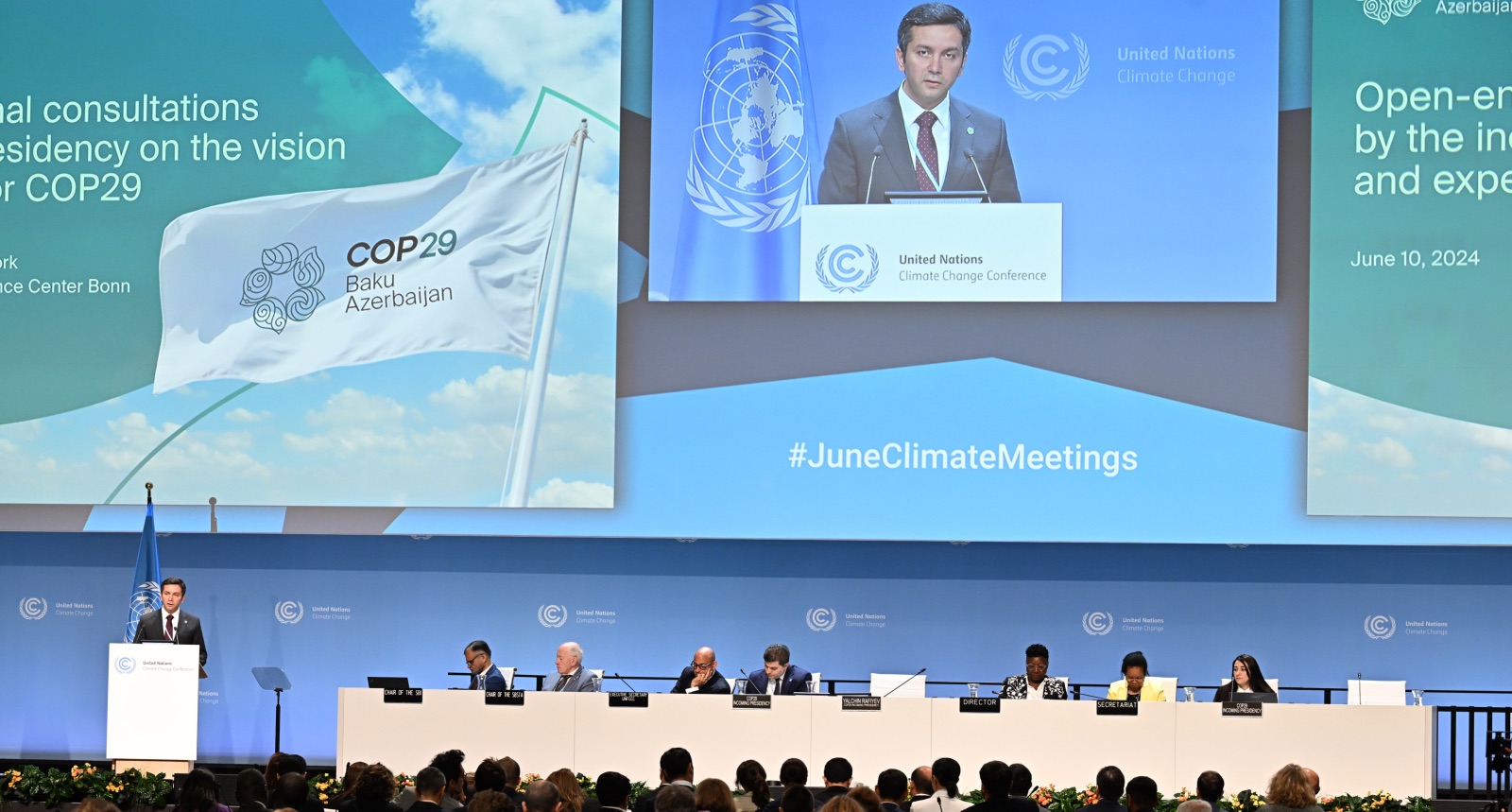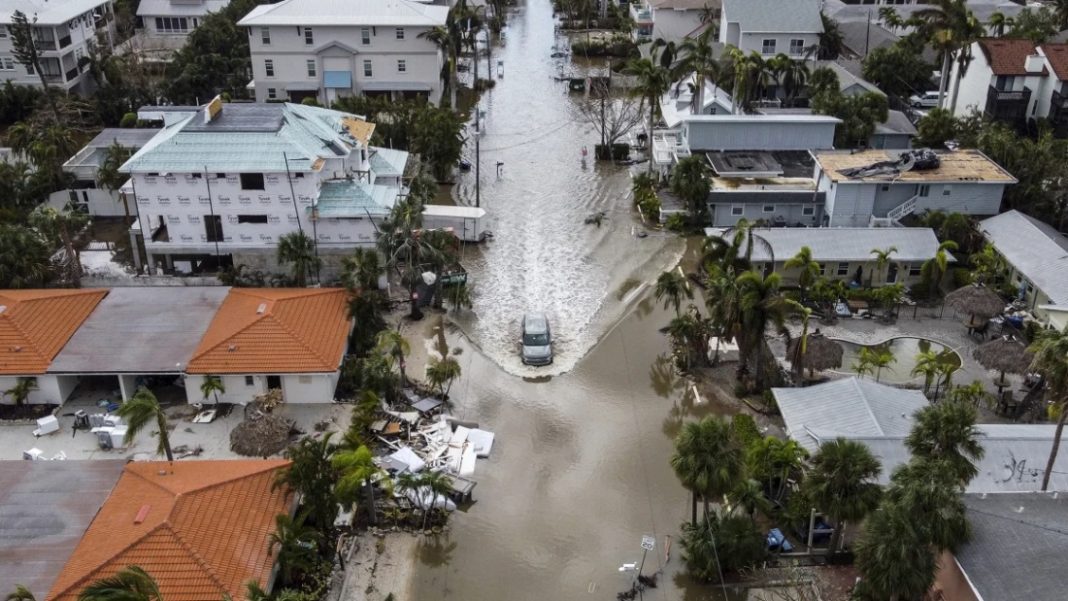PARIS, France – In the wake of two recent destructive storms, Hurricane Helene and Hurricane Milton, which have inflicted between $51.5 billion and $81.5 billion in damage on Southeastern US states, a new report has highlighted the escalating global economic toll of climate-related disasters.
Released by the International Chamber of Commerce (ICC) ahead of the UN Climate Change Conference in Azerbaijan, the report underscores the urgent need for coordinated climate action as climate-related damages reach a staggering $2 trillion globally over the past decade.
The ICC, the world’s largest business organization, aims to leverage the report to push governments and businesses to adopt stronger policies to curb greenhouse gas emissions.
“Just as the global financial crisis was met with a swift and concerted response from world leaders, we need governments to understand that the economic impact of climate change necessitates a response of similar speed and decisiveness,” ICC Secretary General John W.H. Denton AO said in a statement.

Climate Disasters Outpace Financial Crisis in Economic Toll
Comparing the estimated $2 trillion in damages from extreme weather events between 2014 and 2023 with the 2008 financial crisis, the report illustrates the immense financial implications of inaction on climate change.
It reveals that climate change has severely impacted economies worldwide, affecting infrastructure, productivity, and the well-being of 1.6 billion people.
Economic damages from climate disasters in 2022 and 2023 alone reached $451 billion—a 19% rise compared to the average annual costs from the prior eight years.

Climate Regulations and Policy at Risk Under Trump Administration
The report’s release coincides with a political shift in the US, where President-elect Donald Trump, who campaigned on reversing climate regulations, is expected to roll back environmental protections, including emissions limits on power plants and vehicles.
This could impact both domestic and international efforts to mitigate climate change. Trump previously withdrew the US from the Paris Climate Agreement, citing economic burdens on Americans as a primary concern.
Climate Change: A Present-Day Economic Burden
The ICC assessed nearly 4,000 extreme weather events across six continents, integrating data on the direct costs from destroyed infrastructure and the broader economic impacts due to lost productivity.
Notably, the report indicates that climate-related productivity losses are already impacting the “real economy,” not just as a forecasted risk but as a current economic strain.
In the 2000-2019 period, recorded climate disasters surged by 83% compared to the previous two decades.
The ICC attributes this increase to intensified weather patterns that have placed unprecedented pressure on global infrastructure, agriculture, and economic stability.
“The data from the past decade shows definitively that climate change is not a future problem: the productivity losses from extreme weather events are being felt in the here and now by the real economy,” Denton added.

Record Heat and Intensifying Weather Patterns
Separate research from Europe’s Copernicus Climate Change Service confirms that 2024 is on track to be the hottest year on record.
This concerning trend aligns with the ICC’s warnings of heightened economic costs as global temperatures continue to rise, leading to more frequent and intense natural disasters.
The conference in Azerbaijan is expected to address these realities, with the ICC calling for immediate, global action to counteract the projected increase in extreme weather events and associated economic losses.

Call for Global Action
The ICC is urging world leaders at the UN Climate Change Conference to prioritize climate adaptation and resilience, echoing calls from scientists and environmental advocates.
The report positions climate change not only as an environmental crisis but also as an economic challenge requiring a coordinated global response.
The ICC hopes this data will push countries to set and achieve more ambitious emissions targets and enhance disaster preparedness to mitigate the costly impacts of climate change.







